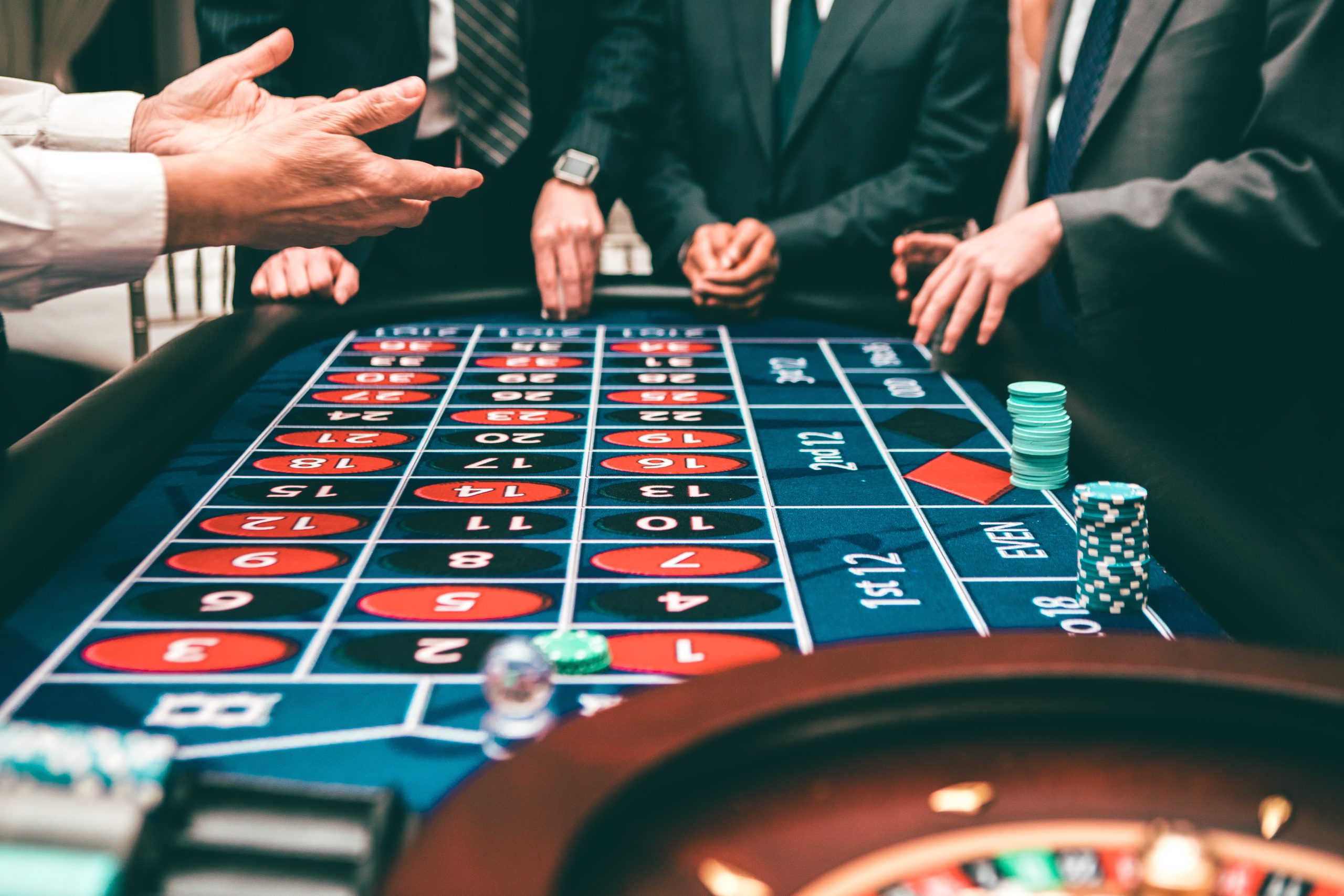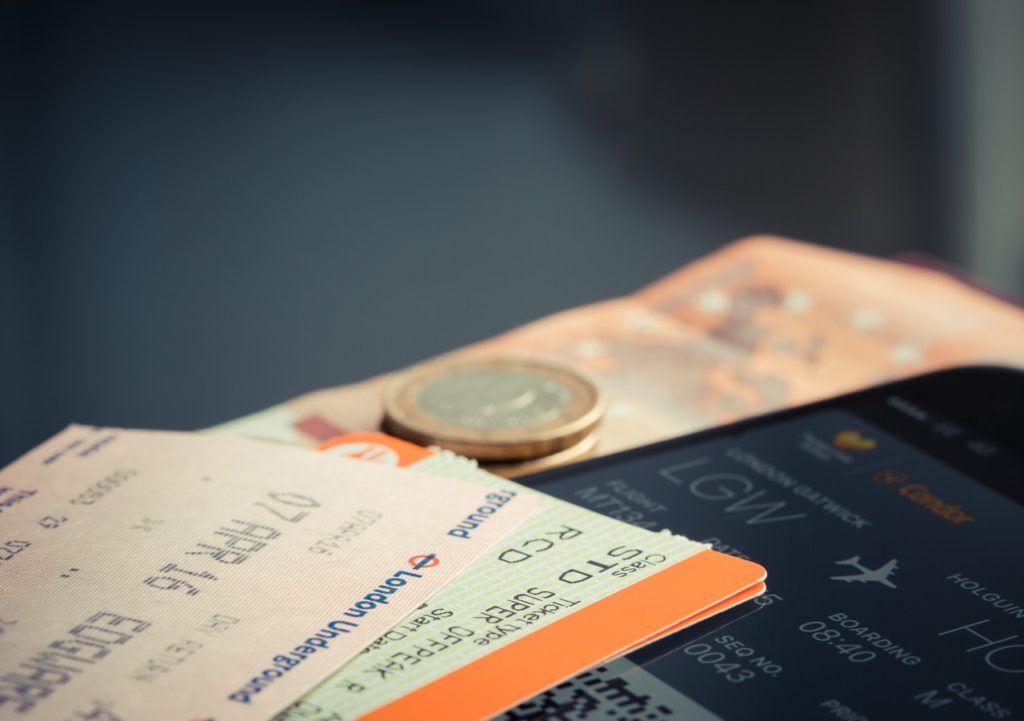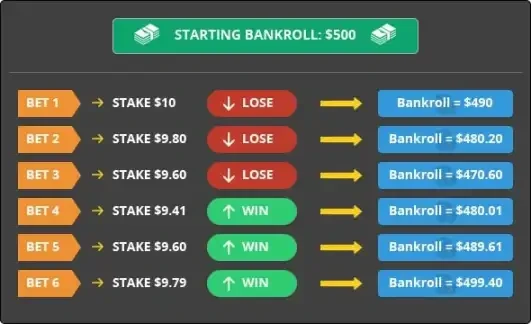
How to Bluff Successfully in Poker
- 0
Bluffing is an essential skill in the game of poker. It can be a powerful tool that can help you win pots even when you don’t have the best hand. However, bluffing can also backfire if not executed properly. In this article, we will discuss some tips and strategies on how to bluff successfully in poker.
Understanding the Basics of Bluffing
Bluffing is essentially a form of deception. It involves making your opponents believe that you have a better hand than you actually do. The key to successful bluffing is to choose the right moments to bluff and to be convincing in your actions.
Choosing the Right Moment to Bluff
Bluffing should not be done randomly. You need to consider various factors before deciding to bluff. Some key factors to consider include your position at the table, your opponent’s tendencies, and the current betting round. Bluffing is most effective when done against fewer opponents and in late position.
Being Convincing in Your Actions
When bluffing, it’s important to make your actions consistent with the image you have been portraying throughout the game. If you have been playing aggressively, suddenly becoming passive may give away your bluff. On the other hand, if you have been playing conservatively, making a sudden aggressive move may make your opponents suspicious.
Reading Your Opponents
One of the most important skills in bluffing is being able to read your opponents. Pay attention to their betting patterns, body language, and reactions to the cards on the table. Look for signs of weakness or strength that can help you determine whether your bluff is likely to work.
Mixing Up Your Play
To keep your opponents guessing, it’s important to mix up your play. This means bluffing occasionally but also playing strong hands aggressively. By varying your strategy, you can make it more difficult for your opponents to read your intentions.
Staying Calm and Confident
Confidence is key when bluffing. Even if you are nervous or uncertain about your hand, it’s important to maintain a calm and confident demeanor. Avoid giving away any signs of weakness or hesitation that could give your bluff away.
Knowing When to Fold
Bluffing is a risky strategy, and it doesn’t always work. It’s important to know when to fold if your bluff is called. Don’t be afraid to give up on a bluff if the situation doesn’t look favorable. Remember, there will always be another hand to play.
Practice, Practice, Practice
Like any skill, bluffing takes practice to master. Take the time to hone your bluffing skills by playing regularly and learning from your experiences. Watch how other players bluff and consider what strategies work best in different situations. With time and practice, you can become a successful bluffer at the poker table.
In conclusion, bluffing is an essential skill in poker that can help you win pots and outmaneuver your opponents. By choosing the right moments to bluff, being convincing in your actions, and reading your opponents effectively, you can increase your chances of success at the poker table. Remember to stay calm and confident, mix up your play, and know when to fold. With practice and perseverance, you can become a master at bluffing in poker.

